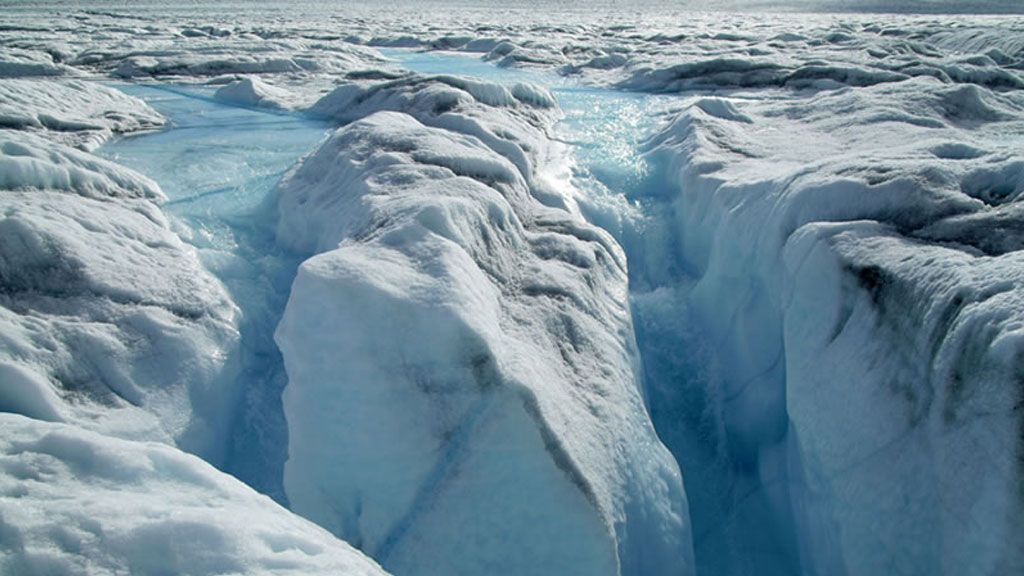MEDIAWATCH: The world’s last three options

There are three options in tackling climate change. Only one will work writes Mayer Hillman in The Guardian
We’re now at a fork in the road: either we cut out fossil fuels completely, or we pass on a dying planet to our children
The world faces a near-impossible decision – one that is already determining the character and quality of the lives of the generations succeeding us.
It is clear from the latest IPCC climate report that the first and only effective course, albeit a deeply unpopular one, would be to stop using any fossil fuels. The second would be to voluntarily minimize their use as much as climate scientists have calculated would deliver some prospect of success. Finally, we can carry on as we are by aiming to meet the growth in demand for activities dependent on fossil fuels, allowing market forces to mitigate the problems that such a course of action generates – and leave it to the next generation to set in train realistic solutions (if that is possible), that the present one has been unable to find.
These are the choices. There are no others. Future generations will judge us on what we choose to do in full knowledge – accessories before the fact – of the devastating consequences of continuing with our energy-profligate lifestyles.
Wars of survival
What a legacy we are bequeathing – regions of the world becoming uninhabitable at an accelerating rate, creating potentially millions of ecological refugees; a burgeoning world population, diminishing reserves of finite and other resources, shortages of water and food, calamitous loss of genetic variability, and wars of survival.
Remarkably, public expectations about the future indicate that only minor changes in the carbon-based aspects of our lifestyles are anticipated. It is as if people can continue to believe that they have an inalienable right to travel as far and as frequently as they can afford. Indeed, there is a widespread refusal by politicians to admit to the fact the process of melting ice caps contributing to sea level rises, and permafrost thawing in tundra regions cannot now be stopped, let alone reversed. The longer we procrastinate, the greater the certainty of environmental degradation, social upheaval and economic chaos.
National leaders are unable to reconcile the expectations of their electorates for higher living standards by burning fossil fuels, with the absolute need to live within the planet’s finite environmental capacity. Nor, in democracies, can they move too far ahead of public opinion.
In this key area of international policy, the undesirable outcomes can all too often be laid at the door of scientists who inform politicians of the options now open to them. They subscribe to many fallacious assumptions about carbon dioxide emissions that are close to tenets of faith.
Progress continues to be measured in terms of carbon dioxide reductions towards the goal of zero emissions. However, carbon dioxide emitted into the global atmosphere remains there for well over 100 years. Switching to low-carbon developments and renewable energy sources makes no contribution to reducing its concentration: it can only reduce the rate at which the concentration continues to rise. Fossil-fuel dependent economic growth is the prime cause. Most growth can only be partly decoupled from its use. Happiness, positive health, nature, life-long education, community, music and love have no price that can realistically be attached to them so are not counted for the purposes of measuring “growth” – although their enjoyment requires hardly any of these fuels.
The claims of future generations on reserves are not considered to be sufficiently relevant to policy to be included in any share-out. Likewise, no value is given to cover unquantifiable yet potentially huge adverse effects, such as the resettlement of ecological refugees. One may ask: whose brief within governments is it to speak out about the consequences of decisions affecting medium- and long-term futures?
Sink efficiency
Concern about the reliability of climate data stems from the changing role of carbon sinks of oceans, forests and soils only partially absorbing CO2 emissions. Until recently, just over half the emissions were taken up by the sinks, with the balance accumulating in the atmosphere. This is no longer the case. The present upward path of global emissions from fossil fuel burning shows clearly that “sink-efficiency” has been noticeably decreasing since 2010.
The IPCC report is also the first time that measuring and integrating carbon and feedback emissions has been acknowledged, and this is the most serious warning yet that global warming is accelerating out of control. Whereas budget emissions of carbon could theoretically be reduced by not burning fossil fuels, the release of the feedback emissions of methane from rising temperatures cannot be.
History shows that, when presented with unpalatable evidence of the undesirable effects of our decisions, we either bury our collective heads in the sand, or order the problems we face in terms of their tractability. Where they are judged to be intractable, as in this instance, they are relegated for later attention. We cannot continue to delude ourselves that the transition to near-zero fossil fuel use is possible without global mandation.
The overriding message located between the lines of the IPCC report is that we must lead our lives within the planet’s means. In all conscience, we are currently locked into a process that will inevitably result in passing on a dying planet to our children and their successors. Should this not be at the absolute top of the international debating agenda?
- Mayer Hillman is a senior fellow emeritus at the Policy Studies Institute and author of How We Can Save the Planet





